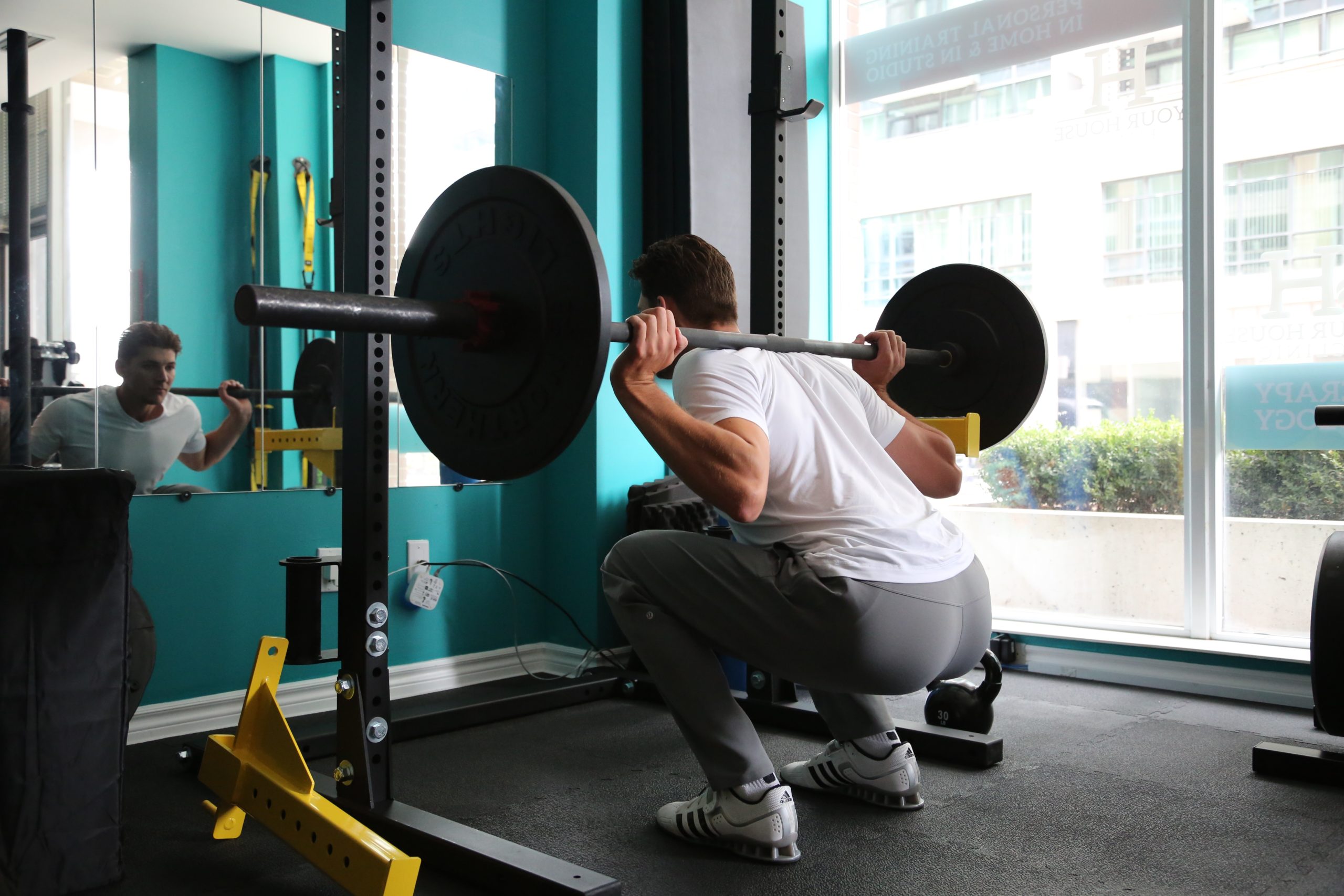The benefits of regular exercise can’t be overstated. Exercise can decrease your risk for cancer and heart disease, strengthen your immune system, and protect you against infections. Exercise is especially important if you have major depressive disorder (MDD).
MDD, or clinical depression, is a common illness. Roughly 16 million adults in the U.S. have a major depressive episode annually, says the National Alliance on Mental Illness. Symptoms of depression vary for everyone, but typically include:
- Persistent sadness
- Anxiety
- Poor concentration
- Change in appetite
- Feelings of hopelessness
- Low self-esteem
Antidepressants, counseling, and other therapies are effective treatments, but it’s also important to make lifestyle changes.
Starting an exercise routine can have a positive effect on mental health. As you begin with simple activities and gradually increase intensity, you may notice an improvement in your condition.
Here are a few benefits of exercise for MDD:
1. Promotes “good” chemicals in your brain
Exercise is often coined a “natural antidepressant” because of its ability to increase the production of brain chemicals called endorphins. Endorphins help reduce pain, trigger a happier mood, and help you cope with stress. The more you exercise, the higher your level of endorphins will be.
Regular physical activity can also stimulate your brain’s production of dopamine and serotonin. These neurotransmitters affect mood, and low levels are linked to depression and anxiety. Even small amounts of activity can boost your dopamine and serotonin levels as well as your mood.
2. Improves how you cope with anxiety
Regular exercise may help with anxiety. Exercise not only produces higher levels of dopamine and serotonin, but also triggers a physiological response similar to anxiety.
Anxiety can bring about an elevated heart rate, sweating, and heavy breathing. Exercise induces an almost identical response. On that account, regular exercise can teach your body how to manage stressful situations.
When caused by anxiety, these symptoms can trigger a panic attack. But when your body is used to this response as a result of regular physical activity, it starts to associate this response with safety and not danger, according to the American Psychological Association. As a result, it’ll be easier to remain calm during a stressful event.
3. Takes your mind off of your problems
If you have MDD, you may obsess over every negative aspect of your life. This includes overthinking yesterday’s mistakes and worrying about problems that may never happen.
Your brain only has the ability to focus on one thought at a time. If you’re feeling down and need to refocus your thoughts, exercise can reverse a negative mood and take your mind off your problems.
How to exercise to improve MDD
Starting an exercise plan doesn’t require a lot of time. Contrary to what you may think, using exercise as a natural antidepressant doesn’t involve hours of physical activity each day. It only takes a small amount of activity to notice a difference in your mindset and attitude.
If you haven’t worked out in a while, begin slowly to avoid injury. Start with 10 minutes a day and gradually work up to 30 minutes of activity each day or at least five days a week. Effective exercises include walking, jogging, biking, swimming, aerobics, or sports.
Here are few simple tips to get moving with MDD:
- Break up workouts into 10-minute sessions – If you don’t have time to work out continuously for 30 minutes a day, exercise in 10-minute blocks three times a day. Spend 10 minutes on activity in the morning before work, walk for 10 minutes on your lunch break, and then exercise for 10 minutes after dinner.
- Get an exercise buddy – Working out with a friend or relative is effective because you become accountable to another person. An exercise buddy can motivate you to stick with a regular routine. Together, you can encourage each other.
- Find fun activities – There’s no rule that says you have to take an aerobics class to lose weight or improve your mental health. As long as you’re burning calories and you’re active, you’re on the right track. So if following along with a workout video doesn’t appeal, spend your 30 minutes sweating to a fun activity. This way, exercise doesn’t feel like a chore.
The takeaway
Exercise can have a positive impact on your physical and mental health. Regardless of whether you’re on antidepressants or using other therapy for MDD, never downplay the importance of regular physical activity. Talk to your doctor before beginning an exercise routine.







